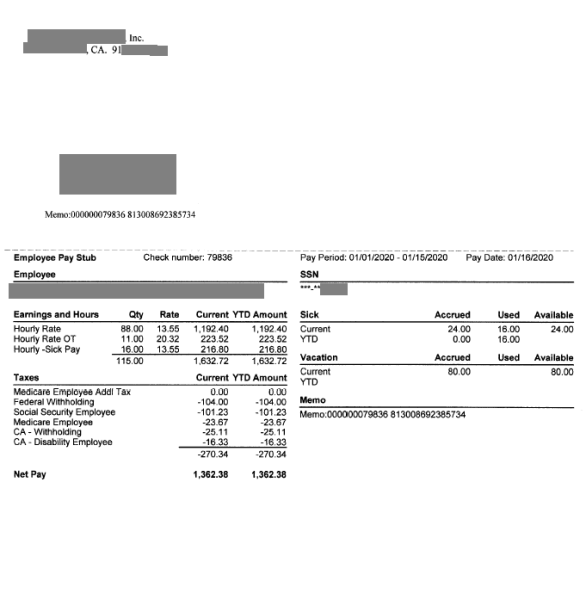Blog

EQUAL PAY REPORTING
Substantial Penalties for Ignoring the May 14, 2025 Deadline
With its recently published Equal Pay Act statistics for 2023, showing enduring gaps between genders and races, California’s Civil Rights Department (CRD) continues its campaign for wage parity…

OLD TRENDS DIE HARD
2023 Equal Pay Results: Disparities Not Disappearing
California’s Civil Rights Department recently released Equal Pay Act statistics for 2023, mandatory reporting data from employers of 100 or more covering 7.9 million workers.

ALL ABOARD
Wage Obligations to New Hires
New hires usually spend their first day reviewing policies, signing essential personnel and payroll paperwork, and undergoing initial training.

TIME TO EAT
Meal Break Scheduling Requirements
California employers must generally provide a timely 30-minute unpaid meal period for a shift exceeding five hours. A meal period is considered timely if it starts on or before the end of the employee’s fifth hour of work.

ICE CAPADES
Immigration Enforcement in the California Workplace
“Since taking office, President Donald Trump has introduced sweeping changes to immigration enforcement through a series of executive orders aimed at …

CAUTIONARY TALE EPISODE 96
SEEMED LIKE A GOOD IDEA
Home Care Outfit to Pay $2.3M for Misclassifying Caregivers as Independent Contractors
Under newly enacted Labor Code section 181, the California Labor Commissioner (LC) has cited Amity In-Home Care (Amity) $2.3 million for misclassifying caregivers as independent contractors.

PAYSTUB PERGATORY
The PAGA Perils of Not Paying Attention
We have many wonderful clients who over decades have built thriving businesses from scratch. There is joy in what they do, good managers working insane hours, with many trusted, well-paid employees who have hung-in for years, through good times and otherwise.

SHOWING UP
Contributing to Education and the Future in West Africa
First the dream, hard work to follow.
On my first contact with young West Africans — July, 2005 in Ghana — with their passionate optimism despite overwhelming illiteracy borne of a brutal, very recent past, I had the notion that, just maybe, we might work together to make a difference.

CAUTIONARY TALE EPISODE 95
NOT SO FAST
Feds Seek to Slow FedEx Remote Work Elimination for Disabled Employees
On the recent trend to direct workers back to the office, employers should not overlook teleworking as a reasonable accommodation for a disabled employee.

CAUTIONARY TALE EPISODE 94
PEE-UW!
Cal/OSHA Fines Two Plumbing Companies For Safety Violations and Worker Injury
California Division of Occupational Safety and Health (Cal/OSHA) has issued $529,640 in citations to Smelly Mel’s Plumbing and Sewer Rat Plumbing after a trench collapsed on a San Mateo sewer line construction site, seriously injuring a worker buried under debris.
